What is Clean Energy?
Clean energy is non-polluting energy sources such as solar, wind, hydroelectric, and geothermal, and it offers a wide array of jobs and career opportunities in North Carolina.
Solar energy has evolved to be efficient, versatile and resilient. Currently, there are two main ways to generate solar power: photovoltaics (PV), which is used for smaller scale applications, and concentrating solar-thermal power (CSP), which is used mainly for utility and industry-scale applications. The modern wind turbine was built in 1940 and the technology has evolved steadily and significantly since. Today’s wind turbines vary from small (single home or business) to utility-scale (offshore wind farms). Wind energy is a cost-effective way to incorporate clean, sustainable energy into the power supply. And when it comes to wildlife impacts, wind power projects rank lower than any other energy source. Water is the largest source of renewable energy. Hydroelectric power relies on the movement of water and is the greatest contributor of renewable electricity across the globe. It uses marine and tidal energy, the flow of rivers and streams, reservoirs and dams to move turbines that generate electricity. Geothermal energy is heat energy from the Earth, and the word comes from the Greek words geo (earth) and therme (heat). It's a renewable energy source because the Earth continuously produces heat, and it's an affordable and sustainable way to reduce reliance on fossil fuels. Using energy more efficiently is one of the fastest, most cost-effective ways to save money, reduce greenhouse gas emissions, create jobs, and meet growing energy demand. Increased efficiency can lower greenhouse gas (GHG) emissions and other pollutants, lower individual utility bills, create jobs, and help stabilize electricity prices and volatility. North Carolina is a leader in the supply chain that supports Clean Energy. From the manufacturing of solar panels, transformers, and chips, there are great opportunities for careers across the state. In addition, North Carolina is in the “battery belt” and is the only state with the full spectrum of the electric vehicle (EV) supply chain manufacturing: from lithium to battery recycling.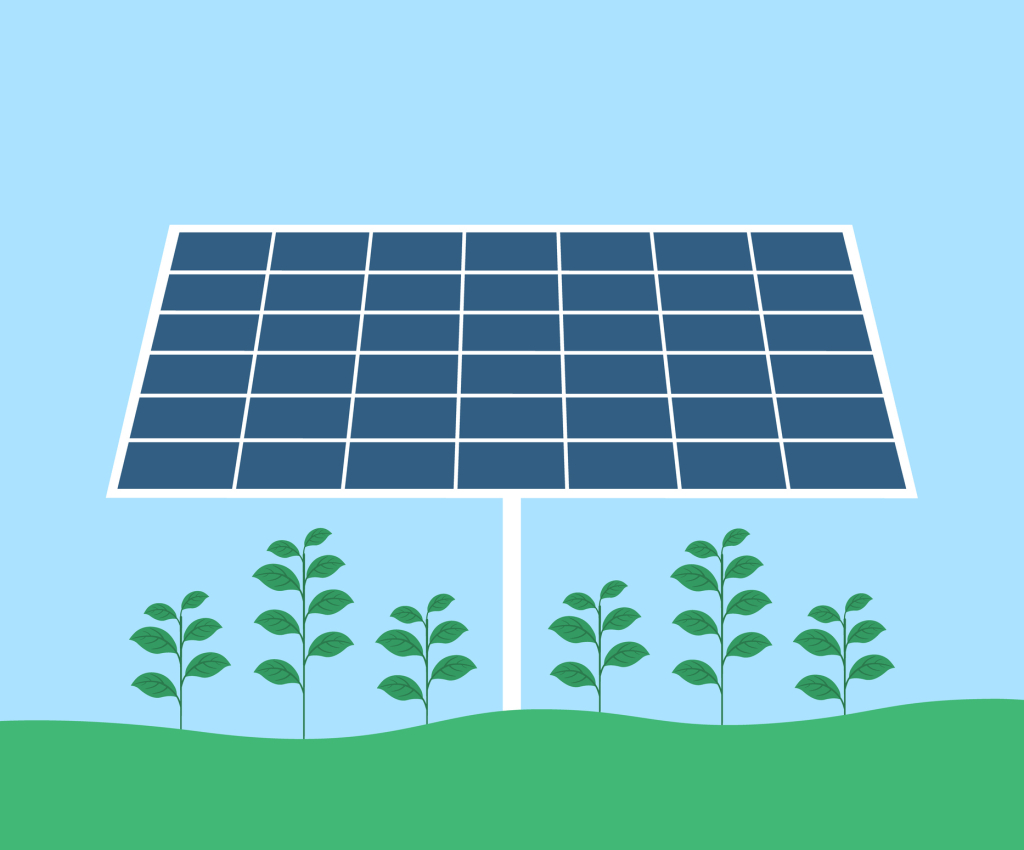
Solar Energy
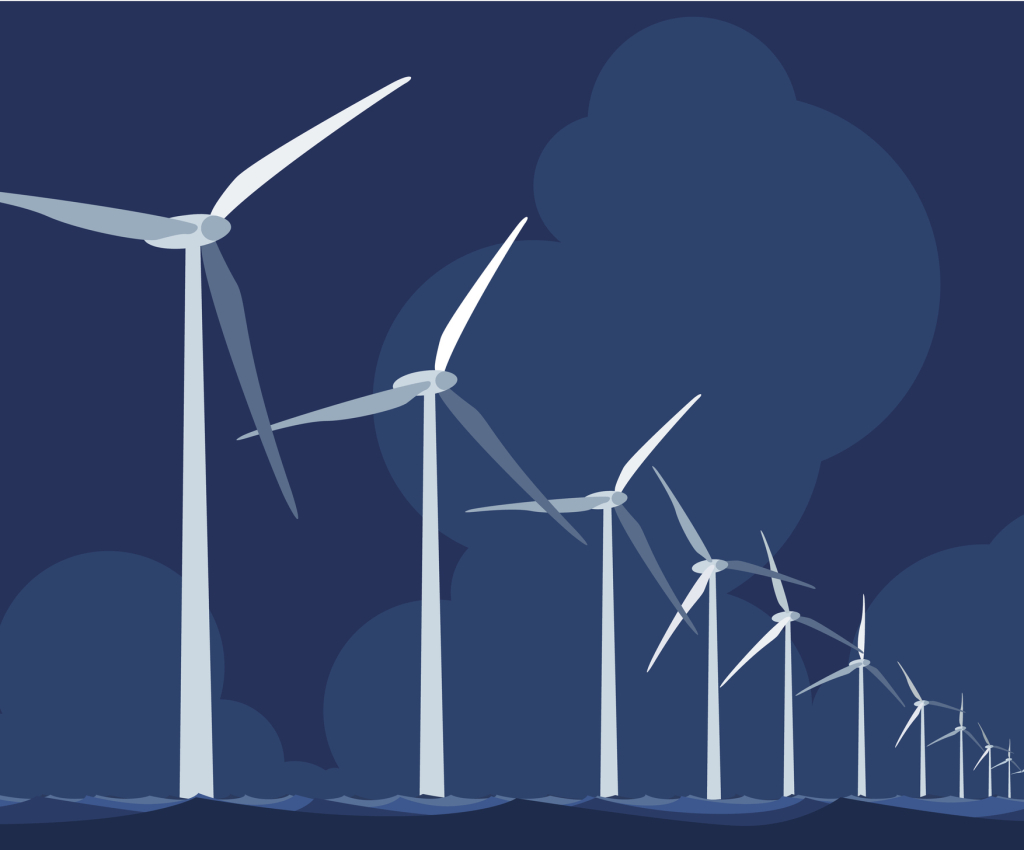
Wind Energy
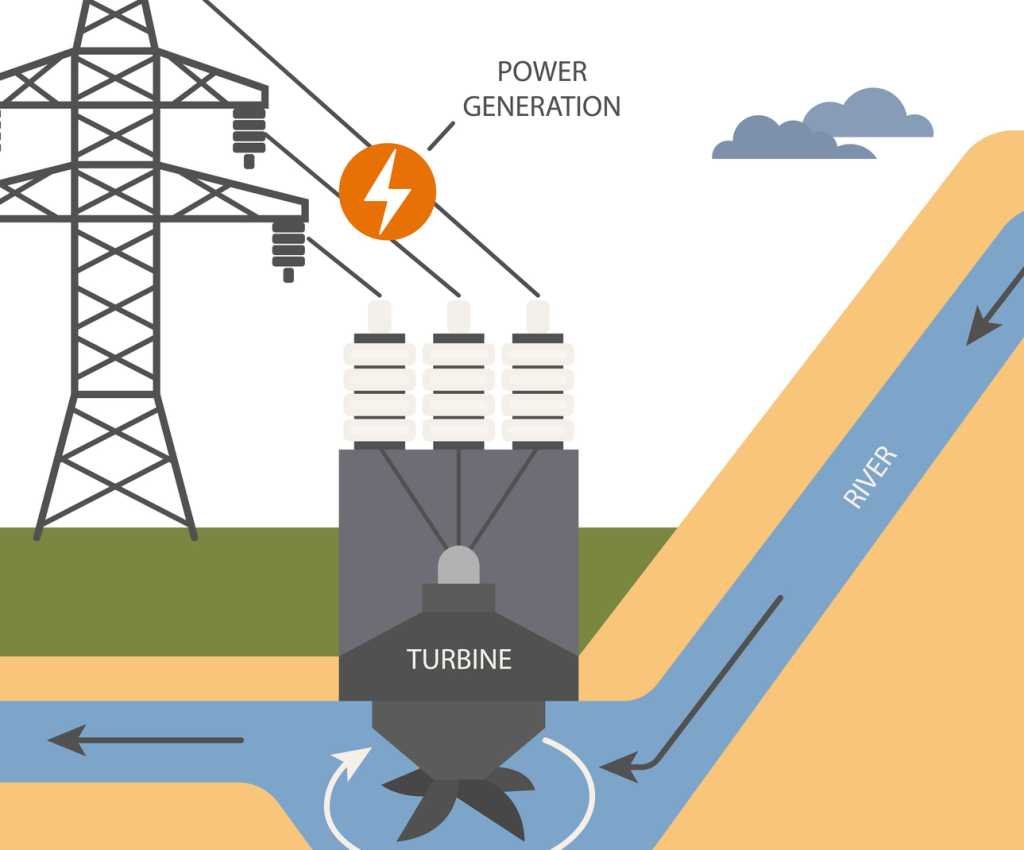
Hydroelectric
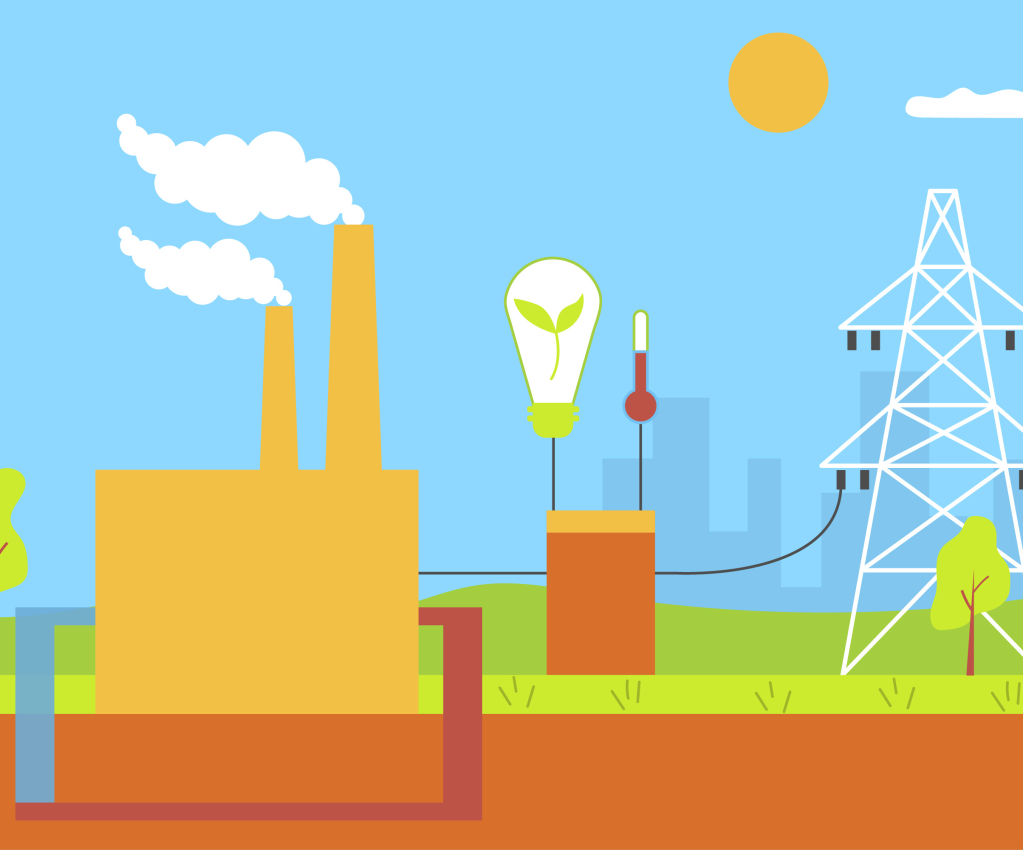
Geothermal
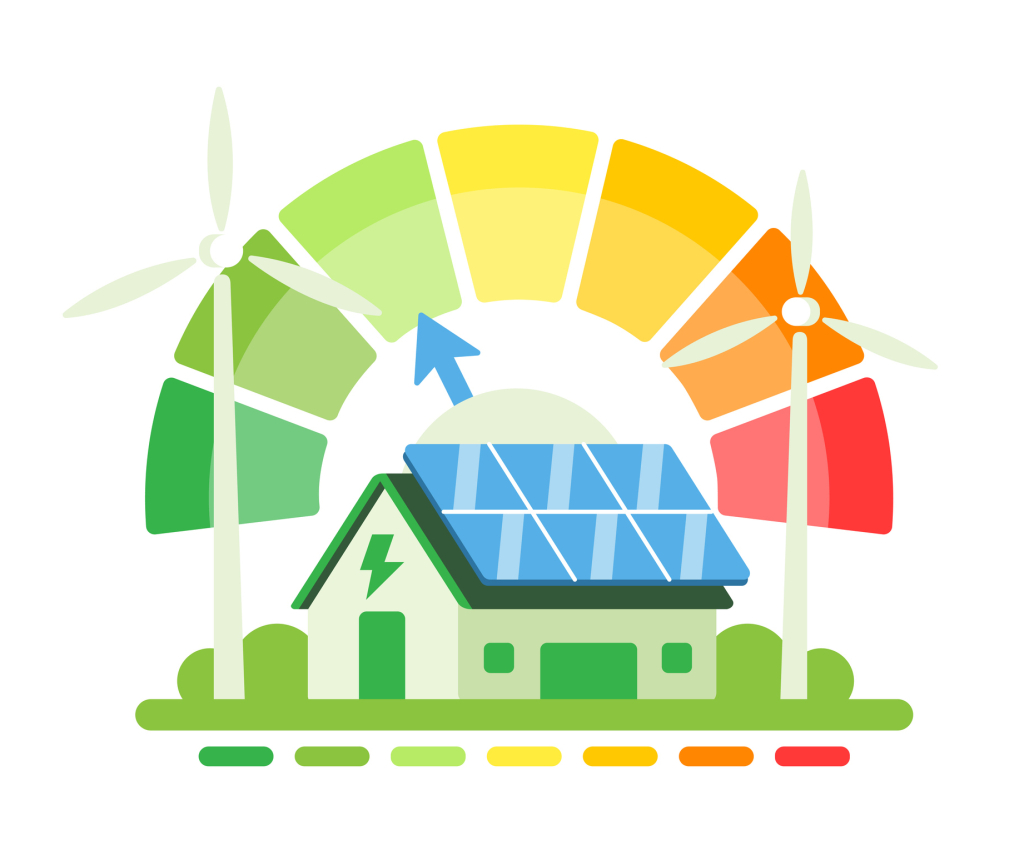
Energy Efficiency
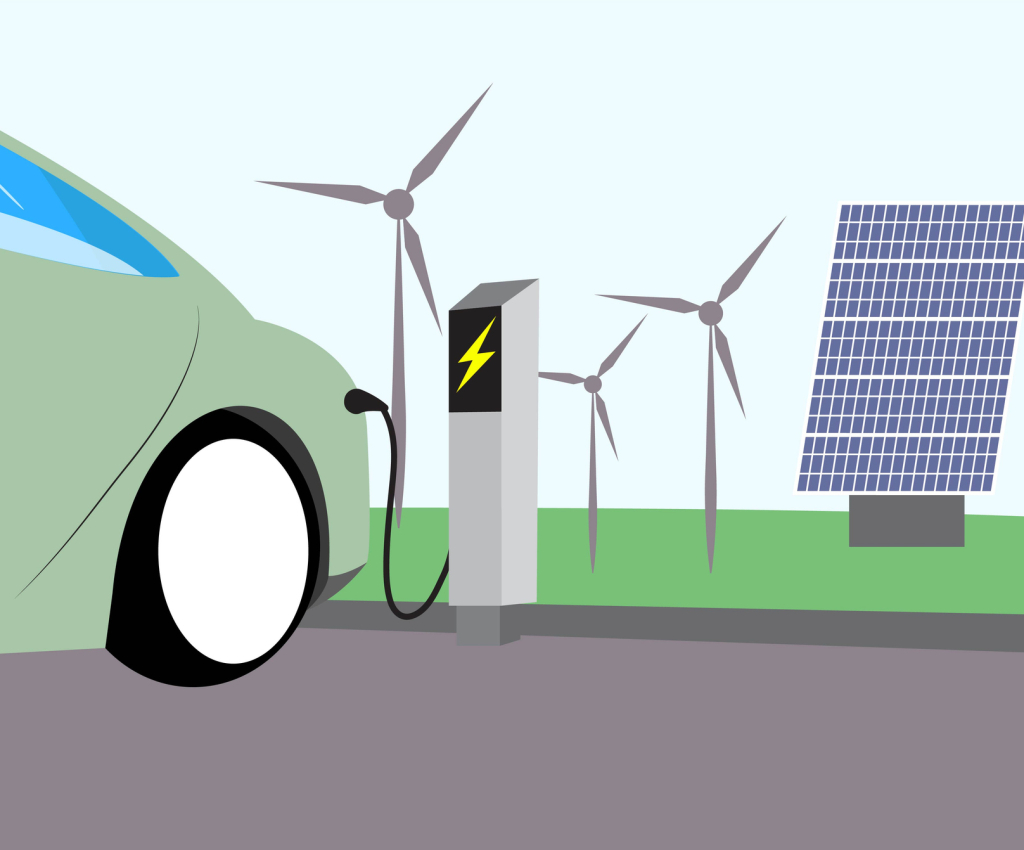
Clean Energy Advanced Manufacturing
Map out your clean energy career. Search clean energy jobs in NC. Careers and training resources in one place.Clean Energy Career Resources